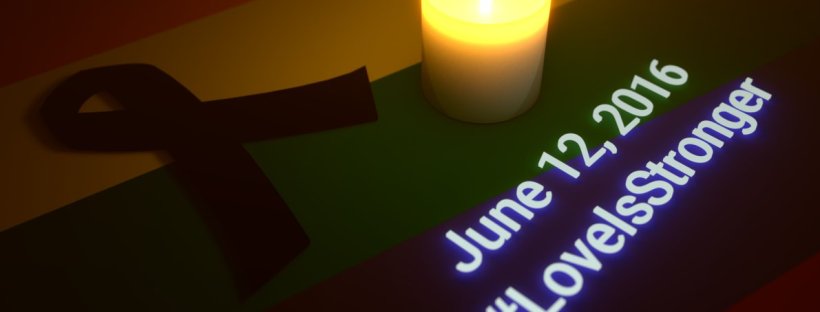I have, on occasion, said that I hate people. I do. My biggest issue is when people are in groups they take on a group persona as opposed to an individual attitude of a reasonable person. Everyone wants to feel liked, to feel like someone cares about them. Everyone wants to be right.
Every month marks 30 more days since Pulse. And every month I realize how much we’ve forgotten. People who cried or posted heartfelt Facebook statuses asking “why” are now the people arguing with others through social media or making fun of someone different from them with their friends.
I am not innocent, but at least I can admit to myself that I am perpetuating hate.
However, as humans, we won’t be able to move past that hatred. There are some of us who are honest and express our concerns about other people, but then there are the silent ones, who sit in the corner brooding and waiting for the moment they can just leave the conversation and never speak to these people again.
I want to believe there is good in people, I want to believe there’s a chance that someone will remember Pulse (like I do when I’m being hateful), and change their attitude.But I know in all honesty that’s not going to happen. Hateful people will always be hateful. They will always leave nasty notes on people’s cars just because of a pride sticker or presidential candidate, they will always call someone stupid because they don’t agree with them, they will always ignore them when they ask for help, they will always treat others in ways they would never want to be treated. And my heart breaks for their lack of remorse.
It was a little over 3 months ago that we as a city, a state, a country, and as humans stood together in support of love and against hate. But that sentiment has disappeared in favor of continuing with our lives and moving on while the families of those victims and the survivors will never be able to forget. We are lucky to be able to hate and continue on like nothing happened. At least until it happens to you.


